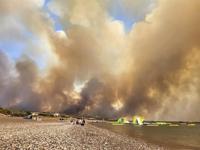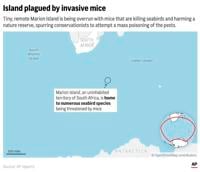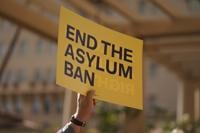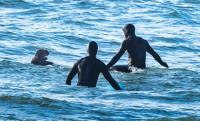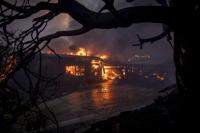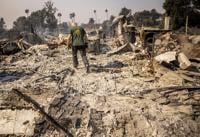ATHENS, Greece (AP) — A large blaze burning on the Greek island of Rhodes for the fifth day has forced authorities to order an evacuation of four locations, including two seaside resorts.
In previous days, the wildfire was confined to the island’s mountainous center, but aided by winds, very high temperatures and dry conditions, it spread Saturday toward the coast on the island’s central-eastern side. Local media reported the fires had reached three hotels, whose clients had already been evacuated.
Fire Service spokesman Yannis Artopios said Saturday afternoon that the residents of four localities were sent SMS messages to evacuate – in two localities they were told to move to the northeast and, in two others, to the southwest.
Artopios said that over 200 firefighters and 40 fire engines were operating on the ground, assisted by three planes and five helicopters. The force includes 31 firefighters from Slovakia, with five fire engines.
The main front of the fire is a triangle, with two of its points near the sea and one in the mountains. On maps, each side of the triangle appears more than 10 kilometers (6 miles) long.
Three coast guard vessels, plus one from the army, were evacuating people from two beaches. Twenty private boats were assisting and the Greek navy was sending a vessel.
The blaze in Rhodes was just one, the most dangerous, of Artopios said.
and one near Sparta were subsiding, he said, although the conditions, including (113 degrees Fahrenheit) on Sunday and low humidity (below 15%), mean that the danger is not over and more wildfires might break out.
The Fire Service has designated almost the whole eastern part of the mainland, plus the islands of Evia and Rhodes as well as large swaths of the southwest, as Category 5, the highest for the risk of fire outbreaks Sunday. A further good chunk of the country has been designated Category 4, very high risk.
There will be a brief respite in the heat wave Monday, but it will resume Tuesday and could last until at least Friday, meteorologists have warned.
Firefighting forces from eight European Union countries are either operating or due to arrive soon, Artopios said. Israel, Jordan and Turkey have also sent reinforcements, mostly aerial equipment.


